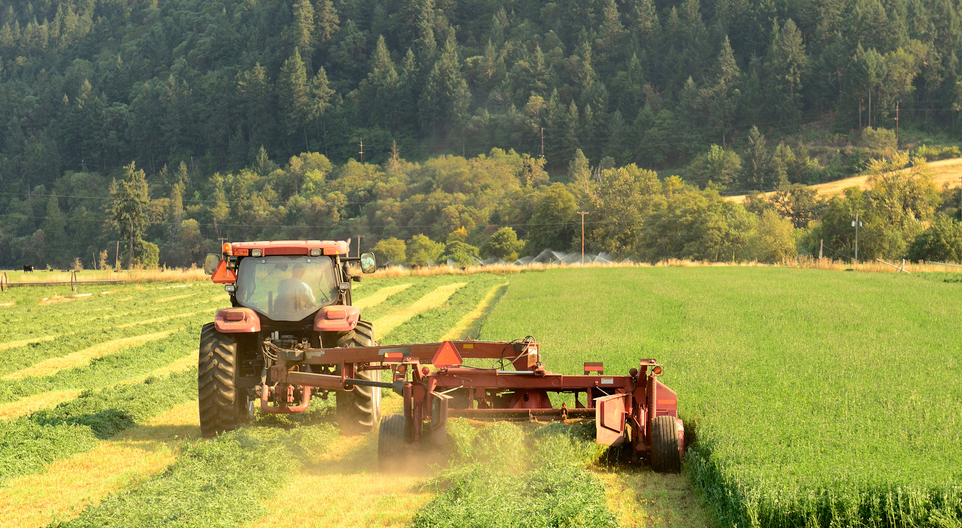
Farmers’ Union of Wales president Glyn Roberts has described a meeting with deputy minister for agriculture Rebecca Evans as ‘extremely positive’ but warned that major challenges needed addressing over the coming months and years given the current state of farm incomes.
Mr Roberts said it was important that the long term challenges facing the industry were planned for, and that the strategic framework for Welsh agriculture and Rural Development Programme (RDP) are key to addressing these challenges.
During the meeting, held on October 5, a broad variety of issues were discussed, including the latest developments of the RDP, Bovine TB and the recent Welsh Government consultation on access to the countryside.
“With farmgate prices and farm incomes at their lowest for around a decade, Welsh farmers are facing major challenges, with cash flow becoming a major problem for many.
“The fall of around 6 percent in the sterling value of Wales’ Basic Payment budget adds to existing pressures, as is the likelihood that the complexity of the new EU regulations will delay farm payments being made in full.”
Mr Roberts said he was disappointed that the European Commission had not gone further in terms of the concessions, which would have allowed payments to have been released earlier, due to the financial problems facing the industry.
“The fact that all administrative checks and controls must be completed before advance payments can be made in October and the volume of work this represents under the new rules, means hopes raised for the release of early payments following the emergency EU summit last month, were unfounded.
“Nevertheless, we welcomed the deputy minister’s commitment to do everything possible to ensure 70 to 80 percent of payment values are released in December, and urged the Welsh Government to continue that work.”]
Farmers facing December income plunge
Farmers are facing a £15 million income plunge this December, due to the weakness of the euro against sterling, which reduces the value of CAP payments from Brussels.
This comes on top of a £25 million drop last year, making the cash flow crisis farming families are facing as a result of poor prices all the more serious.
Under the CAP Basic Payment Scheme, the euro/sterling payment rate for 2015 has been set at 0.73129, based on the average exchange rate for the month of September.
This is the first year it has been calculated over a month, rather than on the final day of September, but this has had little impact on the final figure.
On top of this loss as a result of currency values, many farmers will also be hit by other changes to the CAP, which will reduce their payments.
The Ulster Farmers Union says that since the 2013 conversion rate was set at 0.83605 we have seen a gradual slide.
Last year it dropped to 0.7773 and now to 0.73129, meaning farmers are experiencing the lowest exchange rate in eight years.
The UFU says that in an already difficult year this will be a major blow to farm businesses, planning to use December CAP payments to meet debts built up as a result of the drop in dairy, beef, lamb and grain prices this year.
Commenting on the calculation UFU president, Ian Marshall, said it was outside farmers' control and underlined the volatility they faced because of global financial conditions.
“This makes it all the more important that the farm minister, Michelle O’Neill, and DARD officials ensure every effort is made to improve on the 93 per cent of applicants that received their payments in December last year,” he said, adding that farm businesses need these as soon as possible to help with cash flow difficulties. “This is especially true this year, considering the number of sectors experiencing seriously reduced or even non-existent margins,” said Mr Marshall.
